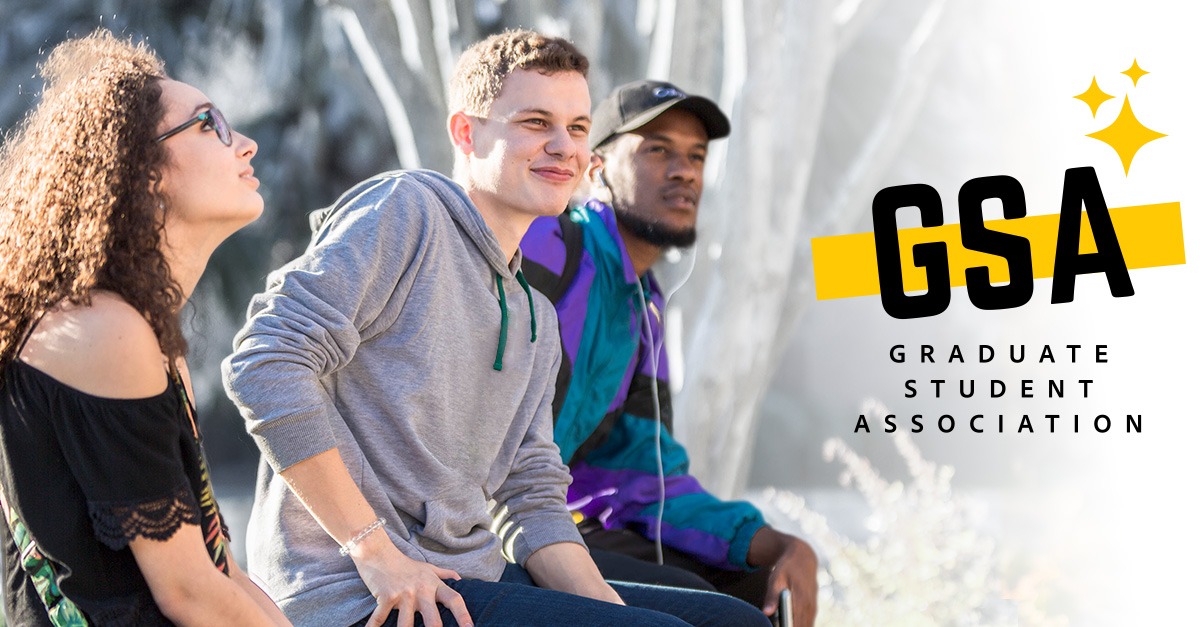Researchers Make Super Stretchable E-Material Using Kirigami
By combining the ancient Japanese art of paper cutting with nanotechnology, University of Central Florida researchers have created a super flexible electronic material that could have applications in products ranging from smart jackets to solar cells.
“Connecting this idea, using kirigami for strain engineering with the nanomaterial we’ve created, this is entirely novel,” says Yeonwoong Jung, an assistant professor in UCF’s Department of Materials Science and Engineering who conceived of the new technique that’s combining art and engineering.
Strain engineering examines ways to improve the electrical properties of materials. The researchers’ work was recently published as a cover story in the journal Nano Letters.
The new material is comprised of a flexible, plastic-film-like polyimide substrate that’s laser-precision cut into kirigami patterns and then fused with a near atom-thickness layer of platinum and selenium elements produced by a chemical vapor deposition technique. The cuts almost look like gill-slits that run across the length of the film.
The result is a material with adjustable conductivity based on the thickness of the platinum and selenium elements and, because of the kirigami cuts, an ability to stretch to 2,000 percent longer than its original length without any loss in electronic performance.
The nanoscale layer of combined platinum and selenium fused to the polyimide substrate is so small, at only a few atoms thick, that is considered to be two dimensional, or in other words, lacking a height dimension.
The process is unique, too, in that the layer is formed directly on the substrate, whereas previous methods create the nanolayer separately and add it to the substrate later, thus reducing performance due to added steps that require additional handling of the materials.
“This really opens up an avenue for futuristic devices, and it has quite a number of potential applications,” says Emmanuel Okogbue ’19MS, a doctoral student in UCF’s Department of Electrical and Computer Engineering who helped develop the material and is lead author on the new study.
“These range from electric cords that stretch and don’t break, to stretchable solar cells, smart thermotherapeutic pads that provide controlled heat to patients, smart jackets and e-textiles that monitor heart rates and muscle activity, electronic skin patches that can allow doctors to remotely monitor a person’s health and more,” he says.
Jung says the inspiration for using kirigami came from the interdisciplinary nature of his research in material sciences where he examines many different fields to bring out new ideas.
The material has held up to performance tests where it was stretched back and forth a thousand times without tearing or a loss in performance.
The lengths and locations of the kirigami cuts that optimized the material’s stretchability were determined using computer simulations performed by collaborators at Seoul National University in South Korea.
The technology is still several years from reaching the market, the researchers say, and they are working on ways to improve it by experimenting with different types of cuts and using materials with greater electrical conductivity.
Co-authors of the study also included Sang Sub Han, a visiting doctoral student from Seoul National University; Tae-Jun Ko, a postdoctoral associate in UCF’s NanoScience Technology Center; Hee-Suk Chung, with the Korea Basic Science Institute; Jinwoo Ma, with Seoul National University; Mashiyat Sumaiya Shawkat, a doctoral student in UCF’s Department of Electrical and Computer Engineering; Jung Han Kim, a postdoctoral associate in UCF’s NanoScience Technology Center; Jong Hun Kim, with Seoul National University; Eunji Ji, with Yonsei University; Kyu Hwan Oh, with Seoul National University; Lei Zhai, a professor in UCF’s Department of Chemistry and director of UCF’s NanoScience Technology Center; and Gwan-Hyoung Lee, with Seoul National University.
Jung received his doctoral degree in materials science and engineering from the University of Pennsylvania, his master’s degree in materials science and engineering from the University of Illinois at Urbana-Champaign, his bachelor’s degree in materials science and engineering from Seoul National University in South Korea, and worked as a postdoctoral researcher at Yale University. He also holds an affiliation with UCF’s NanoScience Technology Center and joined UCF in 2015.
Okogbue is a third-year doctoral student in electrical engineering in UCF’s College of Engineering and Computer Science. He received his master’s degree in electrical engineering from UCF and his bachelor’s in electrical engineering from Florida A&M University.
Share This Article

UCF Women’s Club Honors 3 Graduate Students with Prestigious Sheila B. Somerville Scholarship
Financial support is often the cornerstone of academic success, and for many students, scholarships open the door to higher education. Beyond easing financial stress, these awards provide recognition, motivation, and a...
Latest News

Be the Voice of UCF Graduate Students
The Graduate Student Association (GSA) is looking for motivated graduate students to step into leadership and shape the graduate experience for the 2026–2027 academic year. As a GSA officer, you'll...

UCF Launches 1st Planetary and Space Sciences PhD Program in Florida
As SpaceU, UCF is pushing the boundaries of exploration by launching a groundbreaking new doctoral program in the planetary and space sciences. Now, aspiring researchers can apply to the inaugural cohort of...

UCF Fulbright Awardees Bring Their Passions to a Global Scale
Each year, the Fulbright Program offers opportunities for American students to conduct research, teach English, or pursue graduate study abroad. One of the most prestigious international exchange programs in the...

Unleash Opportunities with a UCF Graduate Degree
A graduate degree has the power to unleash opportunities by expanding careers, opening doors to new fields, and increasing lifetime earnings. According to the U.S. Bureau of Labor Statistics (2024),...